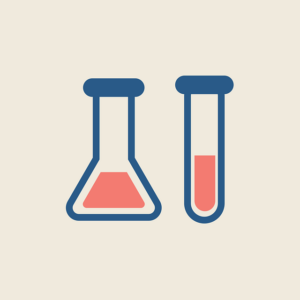Optimizing Drug Safety Report Translations for UK Regulatory Compliance with Professional Services
Drug safety reports are crucial for ensuring patient safety within the UK's stringent pharmaceutical regulations. Professional translation services play a vital role in communicating complex data accurately, bridging language gaps and industry j…….
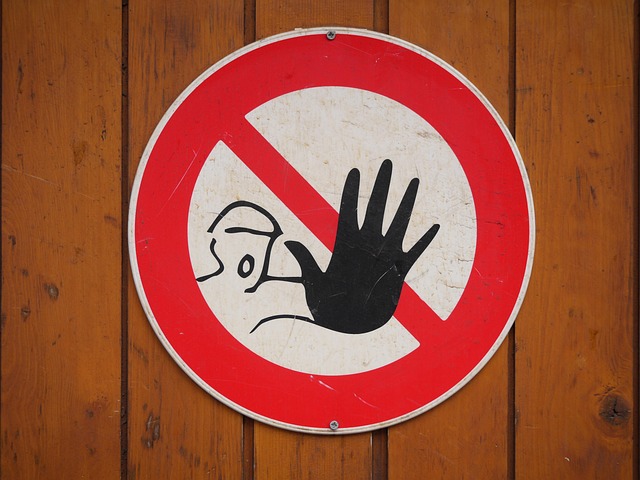
Drug safety reports are crucial for ensuring patient safety within the UK's stringent pharmaceutical regulations. Professional translation services play a vital role in communicating complex data accurately, bridging language gaps and industry jargon for regulators like the MHRA. These services adhere to Good Translation Practice (GTP) standards and pharmacovigilance expertise, ensuring compliance with UK requirements for drug approvals, labeling, and ongoing monitoring. Advanced technologies and human expertise streamline processes, revolutionizing communication and enhancing drug safety management in the UK market. High-quality translations empower regulators to make informed decisions quickly, preserving critical safety information and safeguarding public health.
In the intricate landscape of pharmaceutical regulations, understanding how safety reports are translated and received by UK authorities is paramount for market access. This article delves into the significance of drug safety report translation services, exploring their critical role in facilitating communication with UK regulators. We navigate regulatory expectations, discuss quality assurance, present best practices, and examine case studies, offering a comprehensive guide for efficient and accurate translation in this vital process. Discover how emerging technologies further shape compliance trends for drug safety documentation tailored to the UK market.
- Understanding Drug Safety Reports and Their Regulatory Significance in the UK
- The Role of Translation Services in Facilitating Communication with UK Regulators
- Key Considerations for Accurate and Compliant Translation of Safety Reports
- Navigating Regulatory Requirements: What UK Authorities Expect from Drug Safety Reports
- Ensuring Quality and Consistency in Translated Drug Safety Documentation
- Best Practices for Integrating Translation Services into Your Safety Reporting Workflow
- Case Studies: Successful Translation of Drug Safety Reports for UK Market Access
- Emerging Technologies and Trends Shaping the Future of Translation for Regulatory Compliance
- Conclusion: Maximizing Efficiency and Accuracy in Translating Drug Safety Reports for the UK Market
Understanding Drug Safety Reports and Their Regulatory Significance in the UK
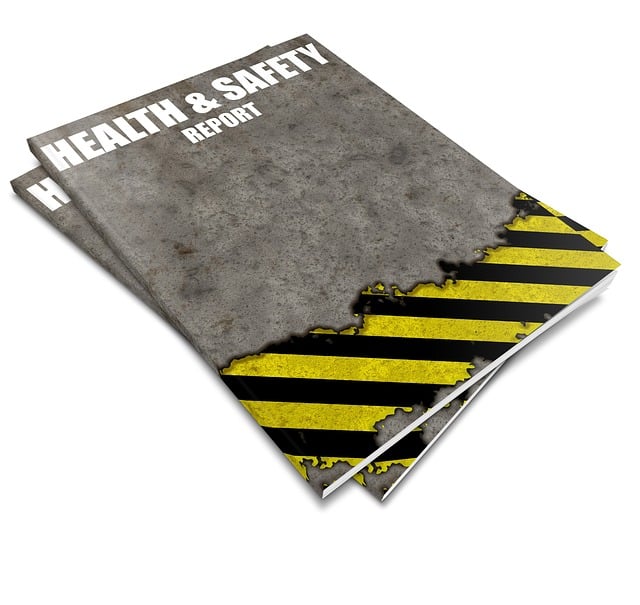
Drug safety reports play a pivotal role in ensuring the well-being and protection of patients within the UK pharmaceutical landscape. These comprehensive documents meticulously document and communicate the potential risks, adverse effects, and overall safety profiles of medications as they are brought to market. The significance of these reports cannot be overstated, especially when considering the stringent regulatory environment in the UK.
For UK regulators, drug safety reports serve as a critical translation tool, offering insights into the complex data generated during clinical trials and post-marketing surveillance. They enable authorities like the Medicines and Healthcare products Regulatory Agency (MHRA) to make informed decisions regarding medication approvals, labeling, and ongoing monitoring. By meticulously reviewing these reports, regulators can ensure that the benefits of a drug outweigh its potential risks, ultimately safeguarding public health and fostering trust in the pharmaceutical industry through transparent communication.
The Role of Translation Services in Facilitating Communication with UK Regulators

In the realm of drug safety reporting, effective communication with UK regulators is paramount to ensure compliance and facilitate swift action on critical matters. This is where translation services play a pivotal role, acting as a bridge between complex scientific data in various languages and the understanding of regulatory bodies. With the increasing global nature of pharmaceutical operations, companies must be adept at navigating these linguistic barriers.
Professional translation services for drug safety reports are indispensable tools, ensuring that information is accurately conveyed, preserving the integrity of data, and facilitating efficient decision-making processes. These services employ experts who possess not only linguistic proficiency but also a deep understanding of the technical jargon and regulatory landscape specific to the pharmaceutical industry in the UK. By leveraging advanced translation technologies and industry-specific knowledge, they enable seamless communication, allowing regulators to access and interpret safety reports swiftly and accurately.
Key Considerations for Accurate and Compliant Translation of Safety Reports

When translating safety reports for regulatory submission in the UK, several key considerations come into play to ensure accuracy and compliance. The process demands a deep understanding of both the source language and the complex regulatory environment of the UK. Medical and pharmaceutical terminology often requires precise rendering to convey critical information about drug safety effectively.
Translation services for Drug Safety Reports UK must adhere to stringent industry standards, including Good Translation Practice (GTP). This involves meticulous attention to detail, especially when dealing with adverse event reporting, clinical trials data, or product labeling. Translators must possess expertise in the pharmaceutical domain and be fluent in both the source and target languages to capture all nuances accurately.
Navigating Regulatory Requirements: What UK Authorities Expect from Drug Safety Reports

Navigating Regulatory Requirements: What UK Authorities Expect from Drug Safety Reports
The translation of drug safety reports plays a pivotal role in ensuring compliance with UK regulations, as these reports are crucial for evaluating the safety and efficacy of pharmaceutical products. UK authorities, such as the Medicines and Healthcare products Regulatory Agency (MHRA), have strict guidelines for what they expect to see in these reports. The primary focus is on comprehensiveness, accuracy, and timeliness.
Drug safety reports must include detailed information about adverse events, interactions with other drugs or substances, and any potential risks associated with the medication. They should be translated accurately to ensure that regulatory bodies can assess these critical data points without ambiguity. Translation services for drug safety reports in the UK must adhere to industry standards and best practices, including confidentiality, expertise in medical terminology, and an understanding of regulatory nuances, to facilitate a smooth review process.
Ensuring Quality and Consistency in Translated Drug Safety Documentation

When it comes to drug safety reports, ensuring accuracy and consistency in translations is paramount. These documents play a crucial role in communicating critical information about the safety profile of pharmaceuticals to UK regulators. Engaging professional translation services specialised in Drug Safety Reports UK is essential to maintain high-quality standards.
The process involves not just word-for-word translation but also understanding technical jargon and regulatory requirements specific to the pharmaceutical sector. These translation services employ linguists with expertise in drug safety and adherence to guidelines like ICH E2C(R2) to guarantee precision and uniformity across all documents. This meticulous approach is vital to prevent misinterpretations that could impact regulatory decisions, ultimately ensuring patient safety.
Best Practices for Integrating Translation Services into Your Safety Reporting Workflow
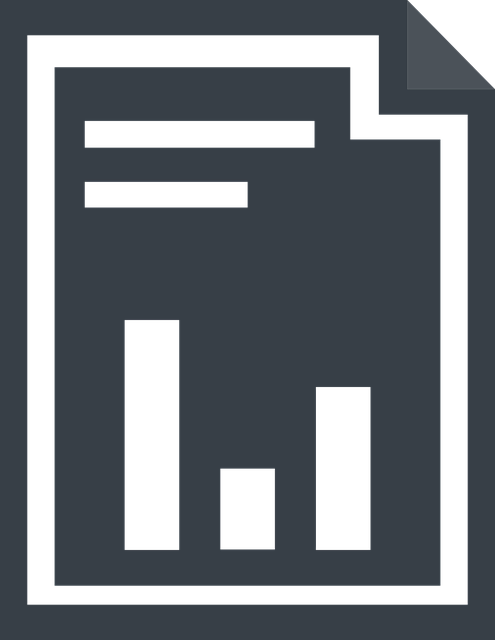
Integrating translation services into your safety reporting workflow is crucial for ensuring accurate and compliant communication with UK regulators. When handling Drug Safety Reports (DSRs), precision and timeliness are paramount, as regulatory bodies expect detailed, language-neutral documentation. Best practices involve selecting a reputable translation service that understands the intricacies of pharmacovigilance terminology and has experience with global regulatory requirements.
Regular consultation with your chosen translators is essential to maintain terminological consistency across reports. Implement quality assurance processes, such as proofreading and editor reviews, to catch any potential errors. Additionally, leveraging technology like machine translation can enhance efficiency but should be fine-tuned by human experts to guarantee accuracy. By combining advanced tech tools with professional expertise, you can streamline your DSR translation process, ensuring your safety data is accessible and reliable for UK regulatory authorities.
Case Studies: Successful Translation of Drug Safety Reports for UK Market Access

When it comes to navigating the UK market, ensuring drug safety reports are accurately and effectively translated is paramount. Case studies have shown that specialised translation services play a pivotal role in facilitating successful market access for pharmaceutical companies. These services employ experienced linguists who not only possess expertise in medical terminology but also understand the stringent regulatory requirements of the UK.
Through meticulous translation, these professionals adapt drug safety reports to align with local standards and guidelines, ensuring clarity and compliance. This process is especially crucial as it enables healthcare professionals and regulators to access vital information regarding medication safety, potential risks, and benefits. As a result, it streamlines the approval process, ultimately contributing to faster patient access to essential medications in the UK market.
Emerging Technologies and Trends Shaping the Future of Translation for Regulatory Compliance
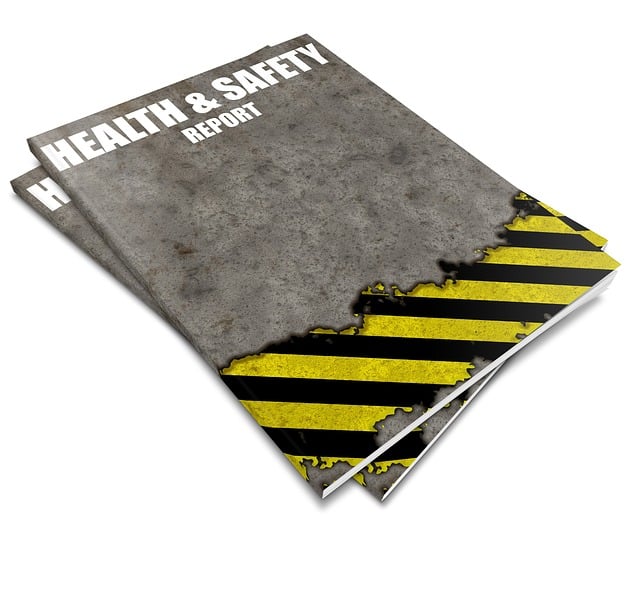
The landscape of translation services is evolving rapidly, driven by emerging technologies and trends that are reshaping the future of regulatory compliance, especially in sectors like pharmaceuticals. Advanced machine translation (MT) tools, for instance, offer faster and more cost-effective solutions for translating drug safety reports, a critical aspect of UK regulatory requirements. These systems leverage artificial intelligence to deliver accurate translations, ensuring consistency and reducing the risk of errors that could delay approval processes.
Additionally, post-edit human review is gaining prominence as a hybrid approach. Machine translation provides a draft that is then refined by professional translators, combining speed and cost efficiency with human expertise. This trend is particularly significant for UK companies navigating stringent regulatory standards. With advancements in natural language processing (NLP), these technologies are becoming increasingly sophisticated, enabling more nuanced translations of complex medical terminology found in safety reports.
Conclusion: Maximizing Efficiency and Accuracy in Translating Drug Safety Reports for the UK Market
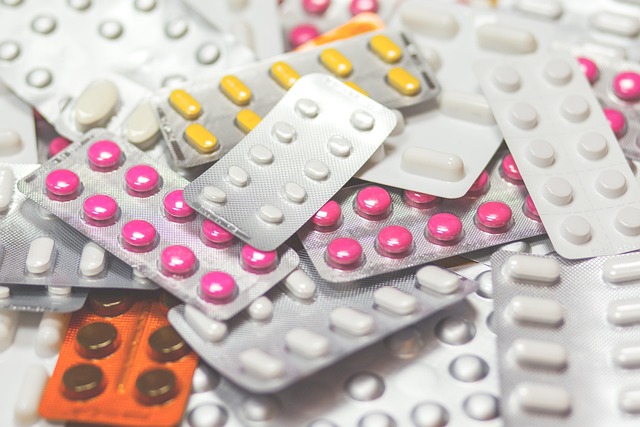
In today’s global pharmaceutical market, ensuring accurate and efficient translation of drug safety reports is paramount for UK regulators to make informed decisions. High-quality translation services play a crucial role in bridging the language gap, facilitating effective communication between international drug manufacturers and local authorities. By leveraging professional translators with expertise in regulatory affairs, companies can maximize the accuracy of their safety data, adhering to stringent UK regulations.
Translation services for Drug Safety Reports UK must go beyond simple word-for-word translation, encompassing a deep understanding of pharmacovigilance terminology and reporting formats. This involves meticulous attention to detail, ensuring that technical jargon is accurately conveyed while preserving the integrity of critical safety information. Ultimately, efficient and precise translations empower UK regulators to swiftly assess risks, facilitate drug approvals, and protect public health in a timely manner.
In conclusion, effective communication with UK regulators through accurate and compliant translation of drug safety reports is paramount for market access. By understanding regulatory expectations, leveraging best practices, and integrating high-quality translation services into reporting workflows, pharmaceutical companies can maximize efficiency, ensure consistency, and ultimately facilitate the successful entry of their products into the dynamic UK market. Translation services play a crucial role in bridging language gaps, ensuring that safety data is accessible and actionable for UK authorities, thereby streamlining the regulatory approval process.






